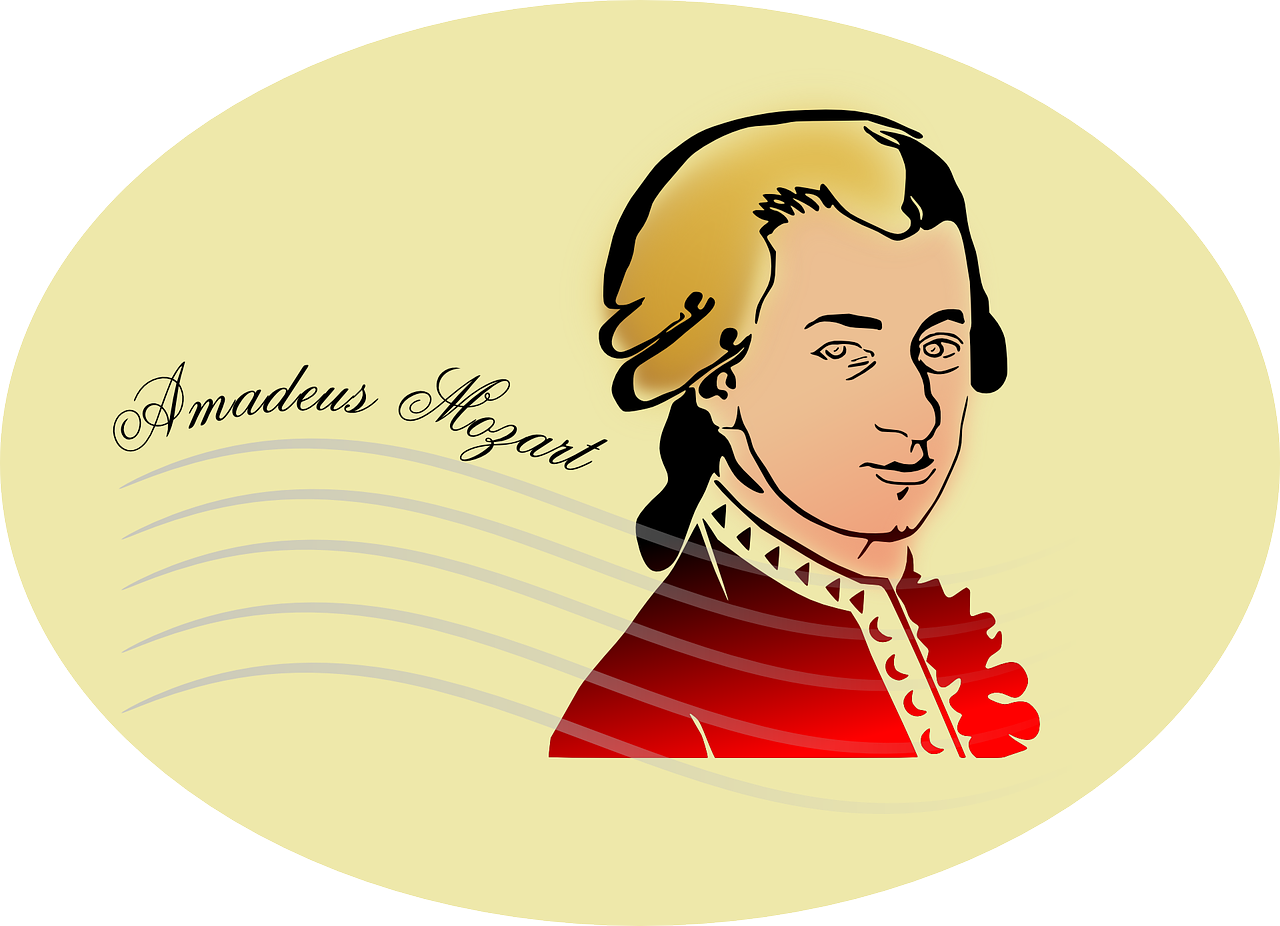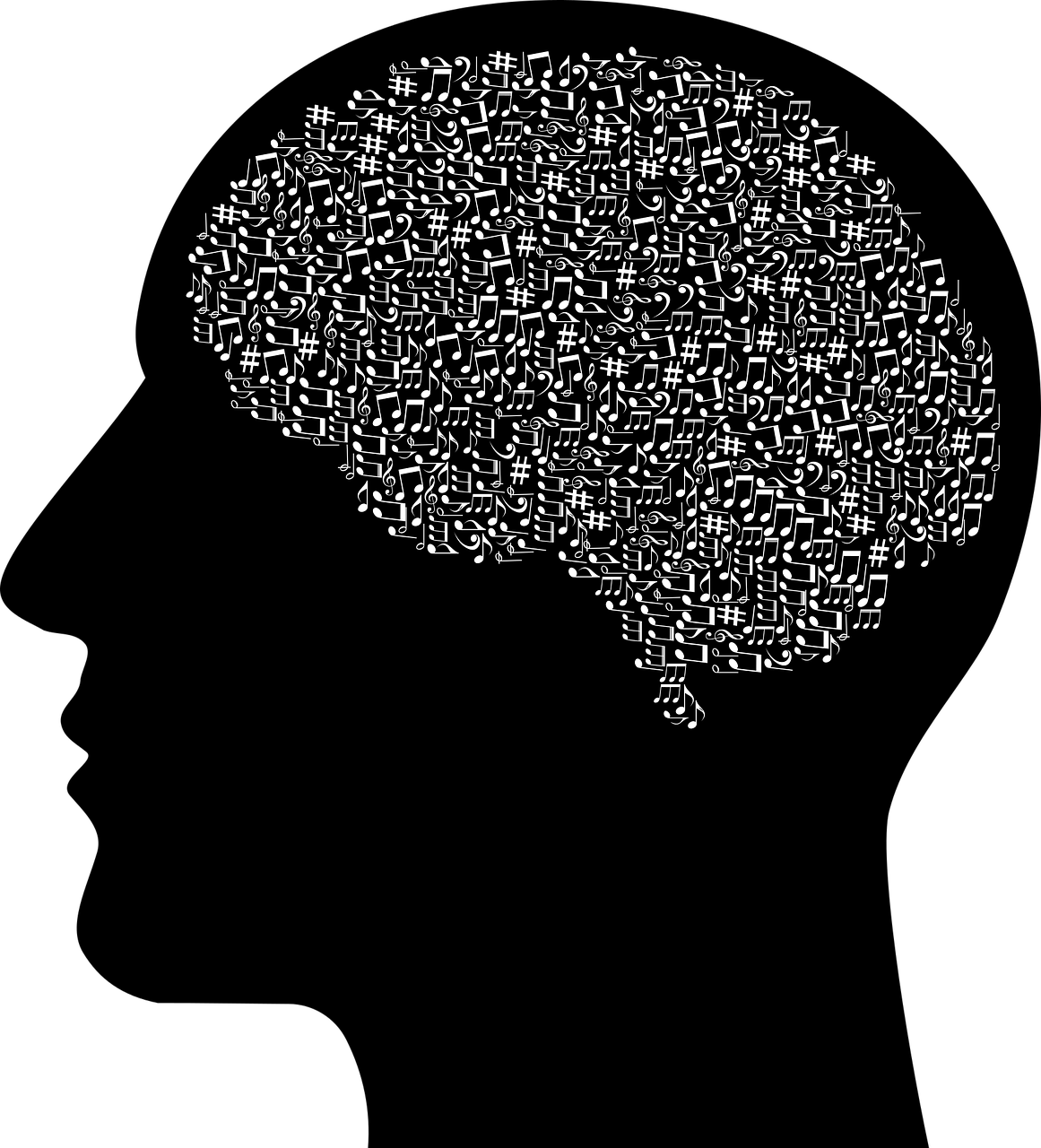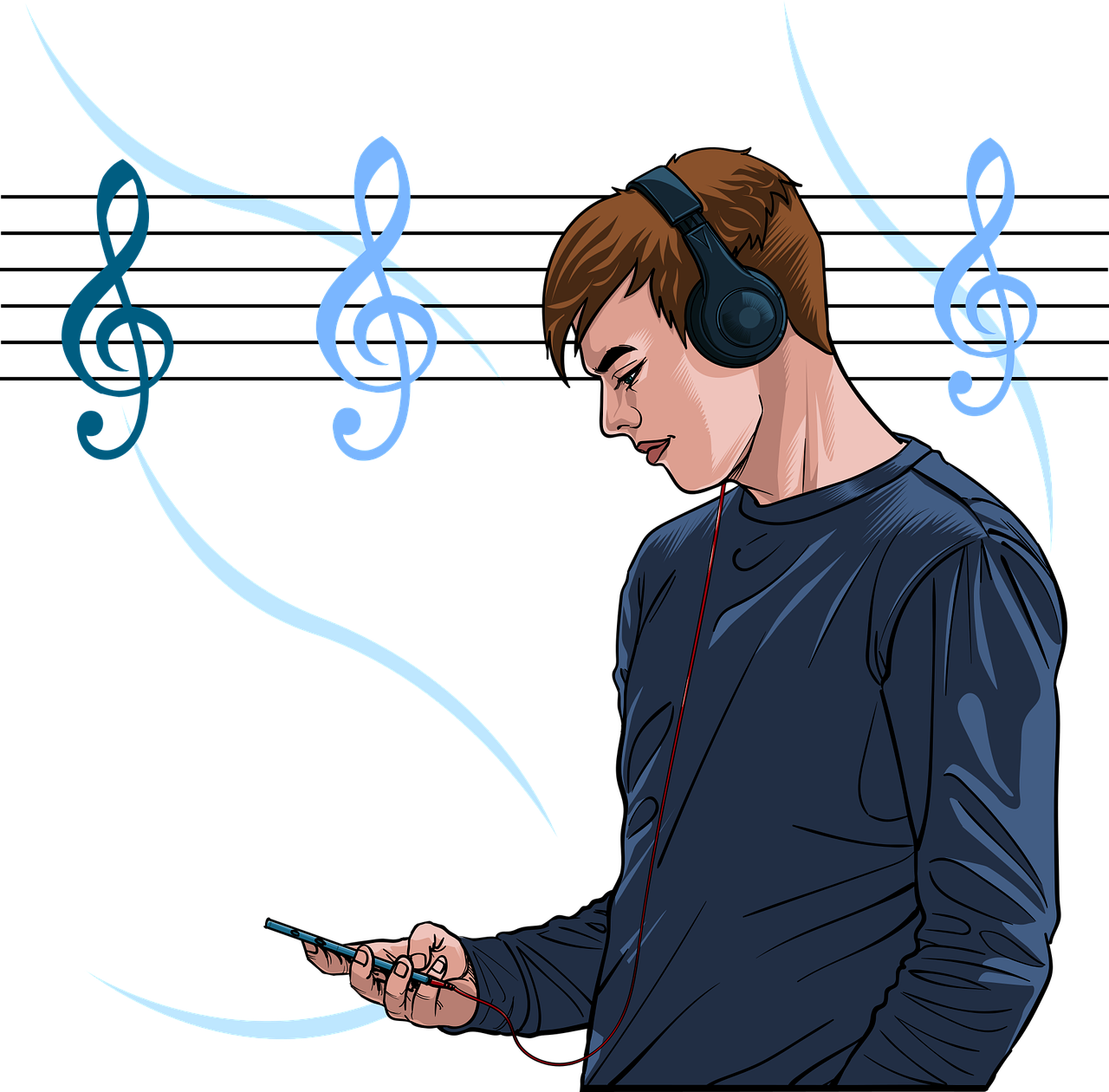Three Studies Explaining How Music Can Help Students in College
College Students can use music for many different things, but how about using it in college. The studies stated below are examples of how music can be a powerful tool to use in college. The first study discovered that classical music such as Mozart’s melodies might improve your intelligence for 10 to 15 minutes. The second study found that music can help students stay focus for a more extended period. Finally, the last study discovered that music links memory and emotions even more than we ever thought. Music can improve the mind in many unique ways, and using it can bring you lots of As. Before an exam, inviting Mozart and his friends to study might not be a bad idea after all.
In the spring of 1993, Raucher invited 36 college students to experiment with the effects of music. Raucher made three groups out of the 36 college students and made them do different tasks. The first group listened to Mozart, the second group didn’t listen to anything, while the third group listened to a monotone voice. Each group did this for ten minutes and afterward took a spatial test to see if which method worked best. After analyzing the results, Raucher stated, “What we found was that the students who had listened to the Mozart Sonata scored significantly higher on the spatial temporal task.” This study was so monumental that people started buying classical music CDs to listen to them while at home. Even though the “Mozart Effect” only last between 10 to 15 minutes, it opened many doors for future studies.
A study was done by Stanford researchers that show that music can make a student perform better in academic tasks. According to the study, music engages brain areas that make predictions, update new information, and attention. The most impressive thing is that brain activity peaked during short periods of silence during a music session. After studying the fMRI (functional magnetic resonance imaging), the researchers also found out that musical techniques from 200 years ago can help organize incoming information. Just remember next time that you must study for an upcoming exam to put some music on and learn away.
Petr Janata tested his theory with 13 college students to see if music can affect emotions and memories. He picked 30 different songs from different years so the students may recognize some songs. After each piece, the students wrote their feelings, their emotions, and if they had a memory of the music. After this, Janata did the same process but checked their brain activity using fMRI during each piece. At the end of the test, Janata said, “What seems to happen is that a piece of familiar music serves as a soundtrack for a mental movie that starts playing in our head. It calls back memories of a particular person or place, and you might suddenly see that person’s face in your mind’s eye”. These studies and others all agree that music can improve the mind in many unique ways.
ABOUT THE AUTHOR
Angel Padilla
Student Author - Spring 2021








